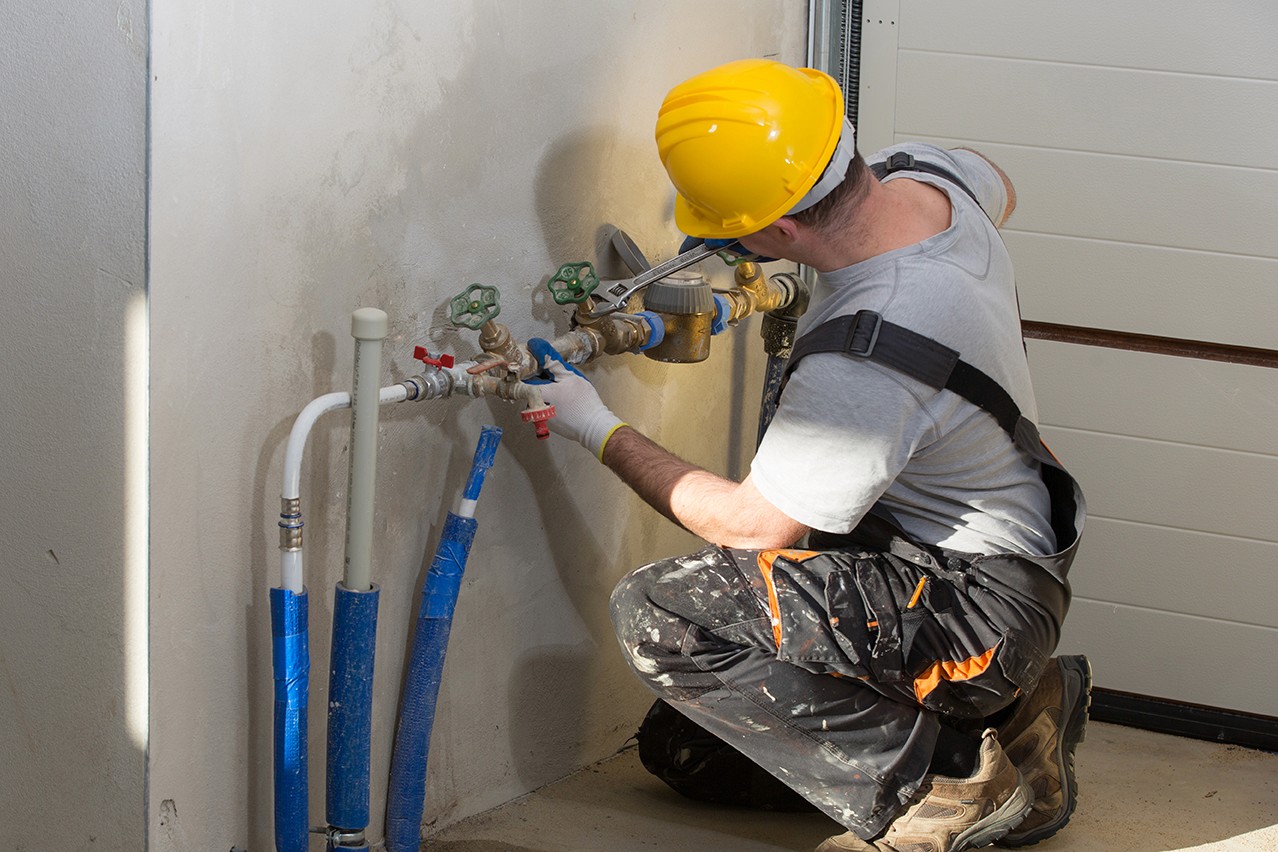
Insights
Understanding Hydronic Heating
Feb 10, 2024
In the realm of heating systems, one method has been gaining popularity for its efficiency and even heat distribution: hydronic heating.
In this blog post, we’ll explore what hydronic heating is, how it works, and what it means for homeowners in terms of comfort and energy efficiency.
What is Hydronic Heating?
Hydronic heating is a sophisticated, yet remarkably simple, heating system that uses water as a medium to transfer heat throughout a building. Unlike traditional forced-air systems, which rely on blowing warm air through ducts, hydronic heating circulates heated water through pipes, radiators, or underfloor tubing to warm the living spaces.
How Does Hydronic Heating Work?
The system typically consists of a boiler, which heats the water, and a network of pipes or tubing that distributes the hot water to various heat emitters, such as radiators or underfloor heating systems. The heat is then radiated or convected into the living spaces, creating a cozy and even warmth.
Advantages for Homeowners
1. Energy Efficiency
One of the primary advantages of hydronic heating is its energy efficiency. Water is an excellent conductor of heat, and the system can be zoned to heat specific areas, avoiding the need to heat the entire house when only a few rooms are in use. This zoning capability allows homeowners to have precise control over individual room temperatures, contributing to energy savings.
2. Comfortable and Even Heating
Hydronic heating provides a gentle, even warmth throughout the home. Unlike forced-air systems that can create drafts and uneven temperatures, hydronic heating systems avoid the discomfort of hot and cold spots. This consistent warmth contributes to a more comfortable living environment.
3. Versatility in Heating Sources
Hydronic systems can be powered by various heat sources, including gas boilers, electric boilers, or even renewable energy sources such as solar or geothermal. This flexibility allows homeowners to choose a system that aligns with their energy preferences and environmental values.
4. Reduced Allergens and Dust
With no air movement carrying dust and allergens, hydronic heating is an excellent choice for individuals with allergies or respiratory sensitivities.
5. Long-Term Durability
Hydronic heating systems are known for their longevity and durability. With fewer moving parts and a simpler operation compared to some traditional systems, they often require less maintenance and have a longer lifespan, providing homeowners with a reliable and cost-effective heating solution.
For homeowners seeking a more comfortable, energy-efficient, and versatile heating solution, hydronic heating stands out as a compelling choice. With its even heat distribution, customizable zoning, and potential for various heat sources, this system not only warms the home but also enhances the overall living experience. As winter approaches, consider the embrace of hydronic heating for a cozier, more efficient home.
Give us a call to learn more about hydronic heating systems.


